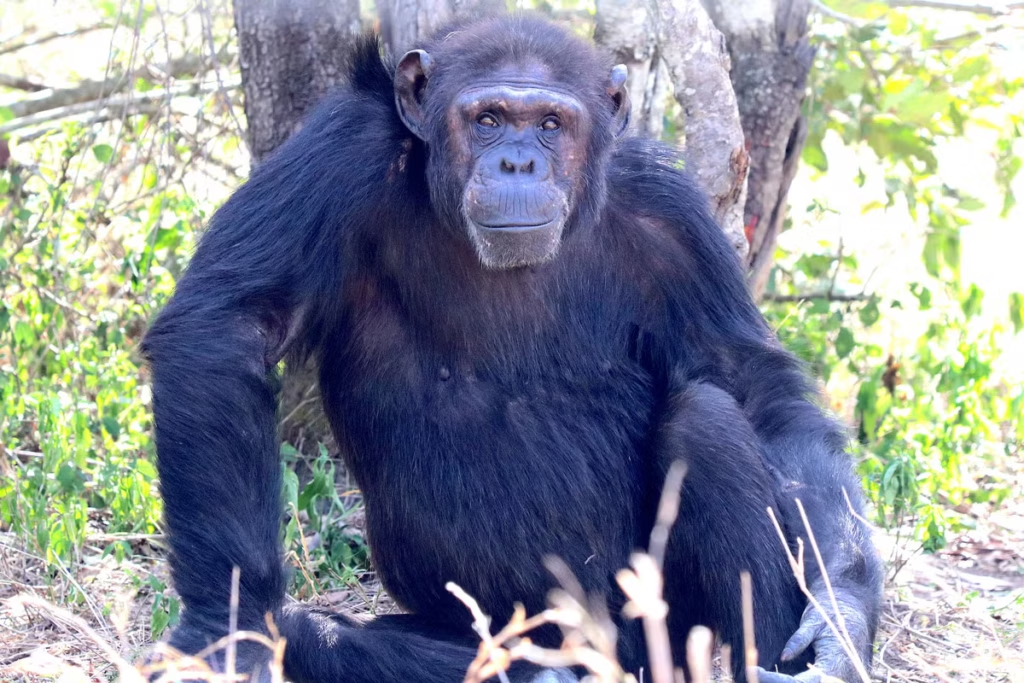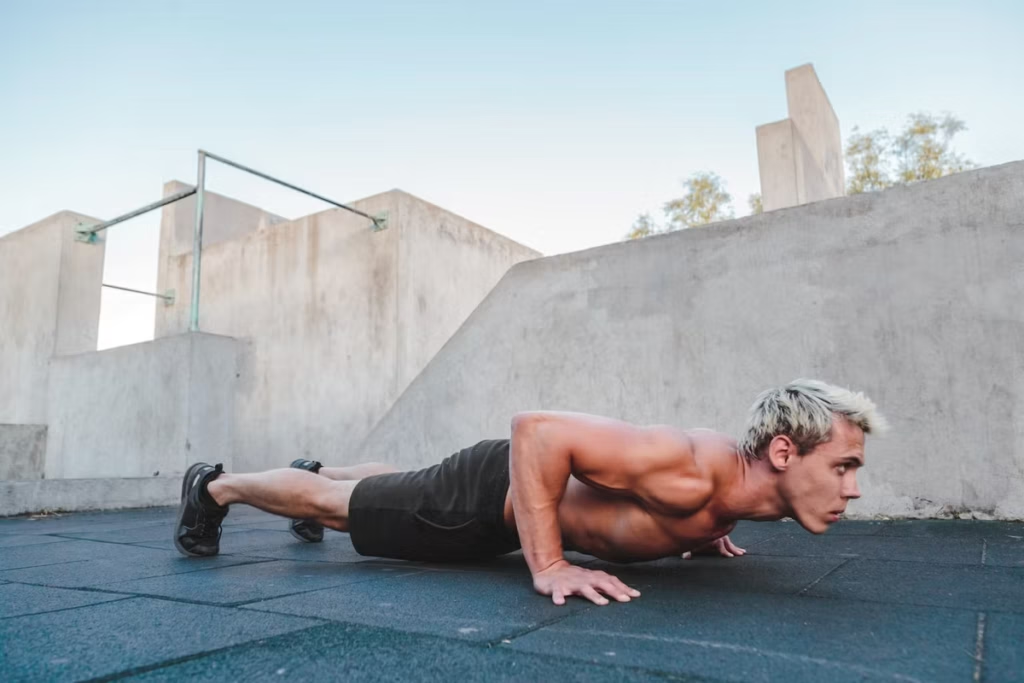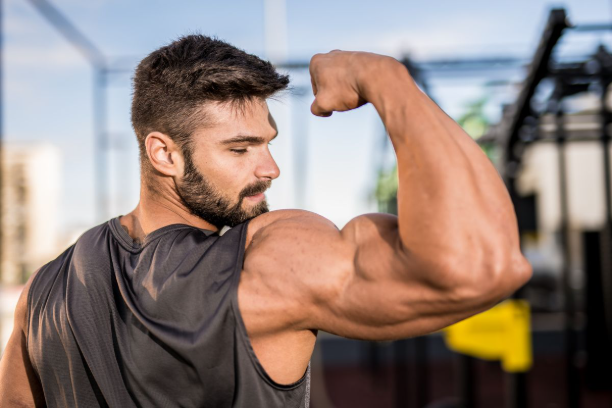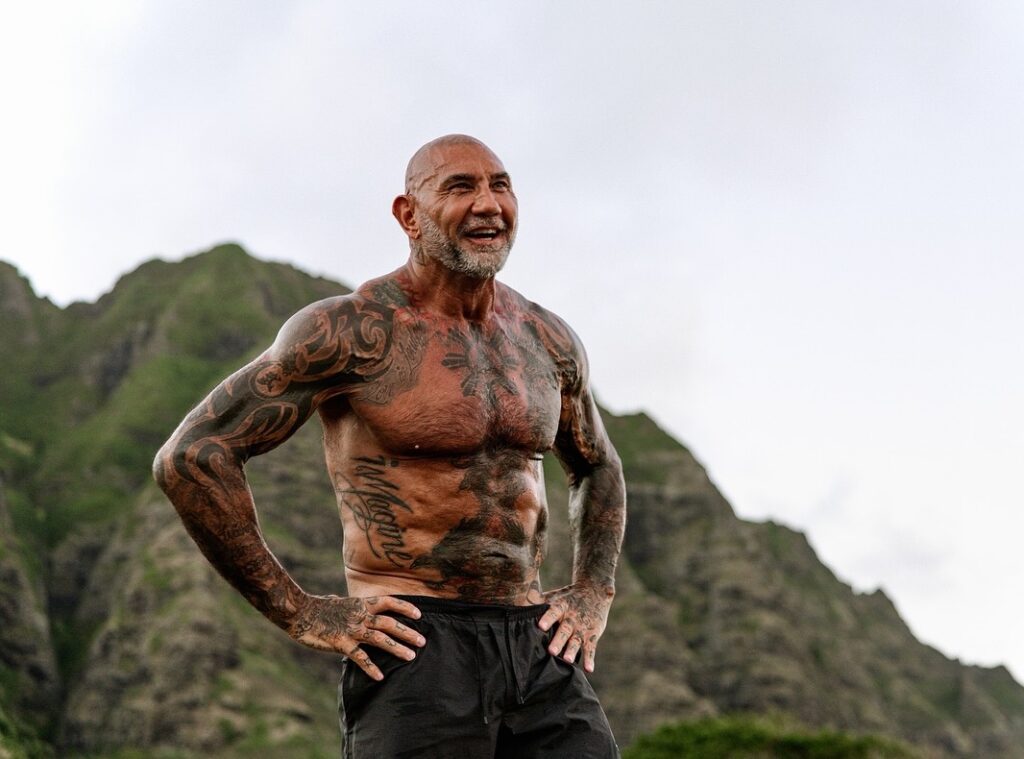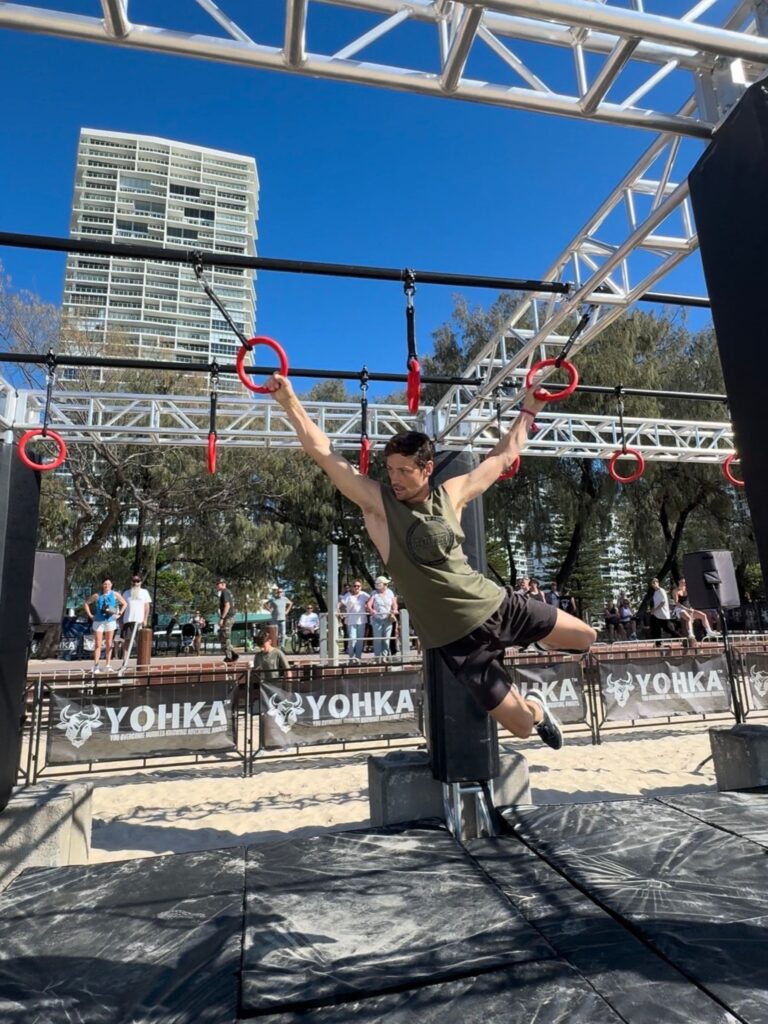We might not be in lockdown anymore, but around the world Covid variants are continuing to rear their heads. Health officials are now warning that two subvariants of the Omicron strain have emerged and there’s reason to pay attention as they touch other corners of the world thanks to their highly-infectious developments. But with vaccination rates continuing to increase, most can only hope that they retain some sense of normality in life and avoid catching Covid-19 for, what will likely be, a second time. And along with the precautions offered by health officials like social distancing and wearing a mask, it appears regular exercise is a necessity.
According to a global analysis of new data, regular exercise could lower your risk of developing Covid-19, but also might prevent you from falling seriously ill with the disease. It’s believed that just 20 minutes a day of regular exercise provides the greatest benefit, being linked to lower risk of Covid-19 infection, severity, hospitalisation and death.
The data comes from available evidence published in the British Journal of Sports Medicine, which found a weekly total of 150 minutes of moderate-intensity or 75 minutes of vigorous-intensity physical activity appears to afford the best protection against coronavirus. As experts suggest, regular exercise offers protection not simply because of the health benefits associated with cardiovascular health, but in that it can protect against the severity of respiratory infections.
Studies involved a total of 1.8 million adults, 54 per cent of whom were women. The average age of participants was 53. As noted by The Guardian, most of the studies were observational and carried out in South Korea, England, Iran, Canada, the UK, Spain, Brazil, Palestine, South Africa and Sweden.
The data revealed that overall, those who included regular physical activity in their weekly routine had an 11 per cent lower risk of infection with Sars-CoV-2, the virus that causes Covid. They also had a 36 per cent lower risk of hospital admission, a 44 per cent lower risk of severe Covid-19 illness and 43 per cent lower risk of death from Covid-19.
As the team of Spanish researchers explained, “Regular physical activity seems to be related to a lower likelihood of adverse Covid-19 outcomes. Our analysis reveals that individuals who emerge in regular physical activity have a lower likelihood of Sars-CoV-2 infection, Covid-19 hospitalisation, severe Covid-19 illness and Covid-19-related death than physically inactive individuals, independent of design and instrument used.”
According to researchers, regular moderate-intensity exercise might also help boost the body’s anti-inflammatory response, along with cardiorespiratory and muscular fitness. “Our findings highlight the protective effects of engaging in sufficient physical activity as a public health strategy, with potential benefits to reduce the risk of severe Covid-19,” said researchers. “Given the heterogeneity and risk of publication bias, further studies with standardised methodology and outcome reporting are now needed.”
As noted, there are limitations to the research and analysis and so it is recommended that such findings be interpreted with caution. As researchers said, analysis was largely observational and study designs differed between countries. Along with the fact that it appeared only the Beta and Delta variants of Covid were observed rather than Omicron, these factors could weaken such findings.









